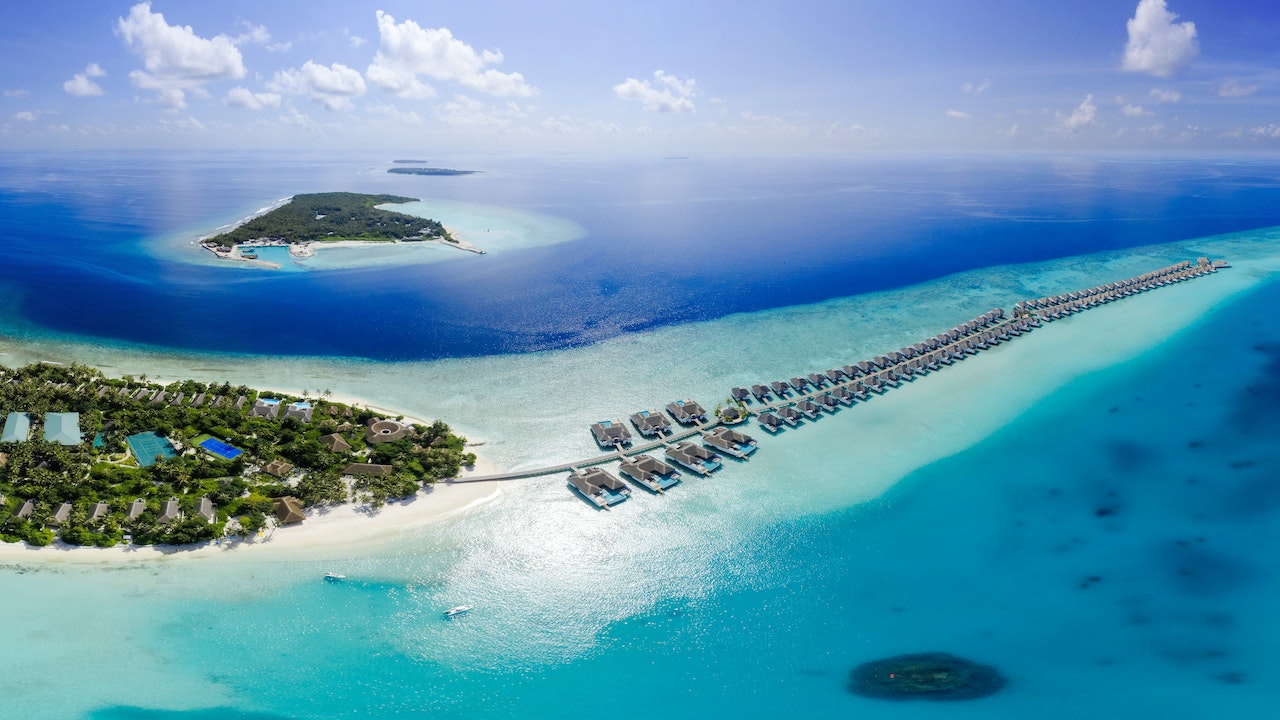ADB Approves $21.95M Package to Strengthen Climate Resilience and Food Security in Maldives
Financing Will Bolster Disaster Preparedness, Coastal Protection, and Sustainable Agriculture to Ensure Long-Term Food Security.

- Country:
- Maldives
In a significant step to combat the pressing challenges of climate change, the Asian Development Bank (ADB) has approved a $21.95 million financing package to enhance the Maldives' capacity to withstand climate-related threats and bolster sustainable food systems. The project, titled the Enhancing Climate Resilience and Food Security Project, includes a $4 million concessional loan and a $17.95 million grant from the Asian Development Fund, which supports ADB’s most vulnerable developing member countries. An additional $3 million grant from Japan’s Prosperous and Resilient Asia and the Pacific Fund and a $1 million contribution from the Ocean Resilience and Coastal Adaptation Trust Fund (ORCATF) will further support the initiative.
The Maldives faces an acute climate vulnerability due to its low-lying geography—most islands lie less than a meter above sea level. This exposure makes the island nation particularly susceptible to sea-level rise, coastal erosion, and frequent cyclones, which disrupt food supply chains and exacerbate food insecurity. According to ADB Principal Natural Resources and Agriculture Economist Michiko Katagami, “The project’s holistic approach will combine infrastructure and nature-based solutions with urban farming, building lasting resilience for communities and food systems.”
Project Initiatives to Strengthen Climate Resilience and Coastal Protection
The project aims to build climate resilience in the Maldives by focusing on early warning systems, nature-based coastal protection, and flood mitigation measures. These efforts include upgrading the early warning systems in Addu City and Malé, allowing the Maldives Meteorological Service to implement a real-time weather monitoring system. This enhancement will support communities in preparing for and responding to extreme weather events and disaster risks. Additionally, the project includes community training programs to improve local knowledge of climate adaptation and disaster preparedness.
On Kulhudhuffushi Island—the Maldives' most populous northern island—stormwater drainage and filtration systems will be established to combat flood risks, along with mangrove restoration efforts. To further protect vulnerable coastlines, the project will create offshore and nearshore infrastructure, such as artificial reefs, berms, and groynes, designed to reduce erosion and promote sand retention.
Climate-Smart Agriculture to Improve Food Security
To address the Maldives' high dependency on imported food, the project will introduce climate-smart urban farming practices in the Haa Dhaalu and Addu atolls. A new multipurpose facility will be built for the Hanimaadhoo Agriculture Center (HAC) to support training, research, and business advisory services focused on sustainable agriculture. This facility will be key in advancing agriculture extension services and business opportunities for farmers, cooperatives, civil society organizations, and local entrepreneurs, including women and young agribusiness leaders.
Through this initiative, HAC will promote innovative farming technologies aimed at increasing local food production, thereby enhancing food security and creating new employment opportunities. To support business expansion, farmers and agribusiness entrepreneurs will have access to matching grants to fund their ventures.
Additional Funding for Nature-Based Solutions and Research
To complement these efforts, the Government of Japan will provide $3 million to strengthen HAC’s training capabilities and promote advanced agri-food practices. ORCATF has pledged $1 million to fund flood mitigation and coastal protection measures using nature-based solutions, including the creation of natural barriers like mangrove buffers. Additionally, a $1.5 million technical assistance grant from ADB’s Technical Assistance Special Fund and ORCATF will support capacity-building programs and research initiatives.
By providing a comprehensive approach to address climate vulnerability, the ADB-backed project aims to help the Maldives become more resilient in the face of climate change, protect its natural resources, and build a sustainable food system. This project represents a critical investment in the Maldives' long-term food security, environmental stability, and economic development.










